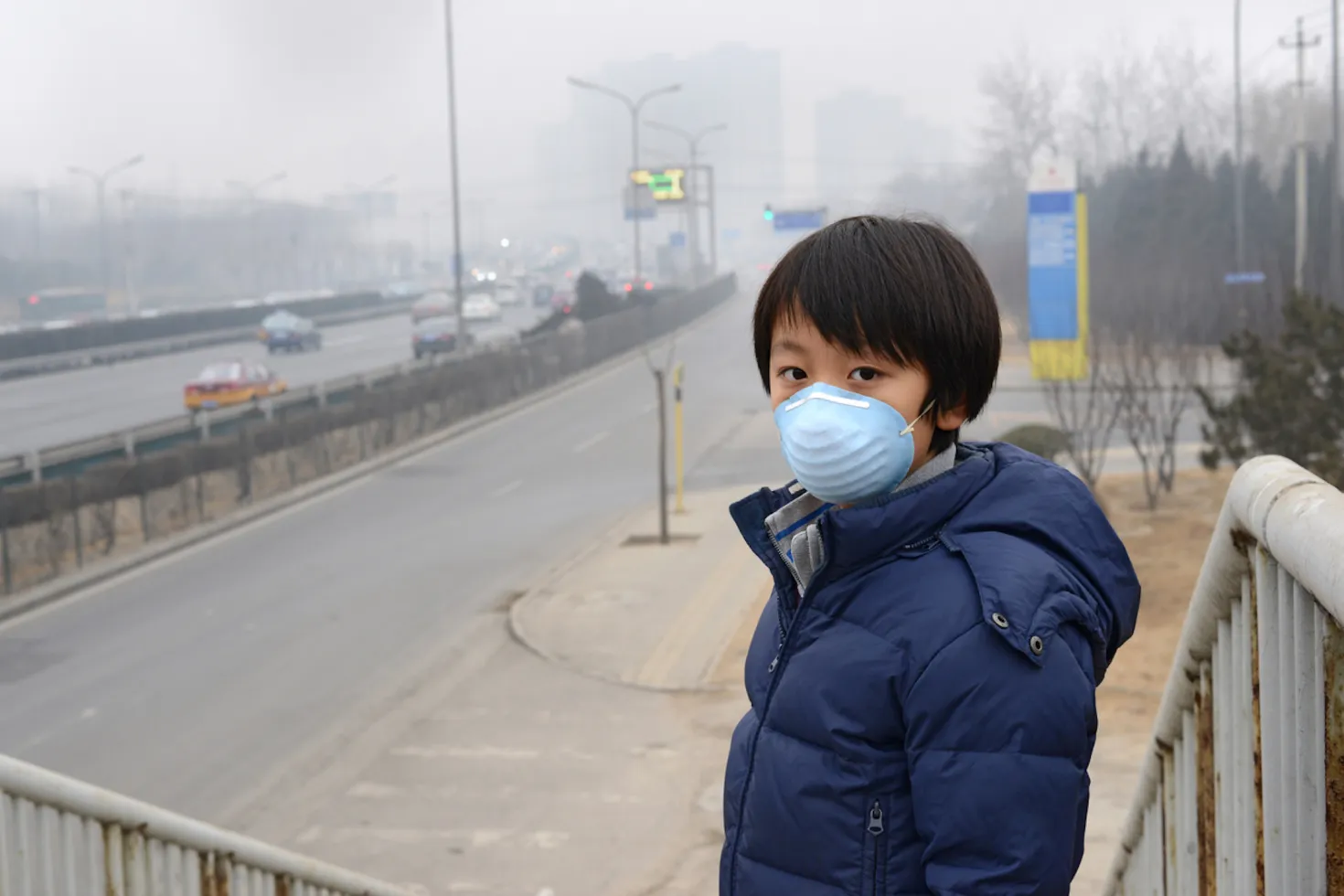World Lung Cancer Day shines a spotlight on a silent killer: air pollution
Air pollution is a significant yet often overlooked contributor to lung cancer, demonstrating the urgent need for robust policies and actions to enhance air quality and improve global health worldwide.

HIGHLIGHTS
-
Lung cancer remains the leading cause of cancer-related deaths worldwide, with 1.8 million deaths and over two million new cases reported in 2020.
-
Air pollution, particularly PM2.5, is a significant factor associated with lung cancer and has been classified as a Group 1 carcinogen by the International Agency for Research on Cancer (IARC) since 2013.
-
World Lung Cancer Day on 1 August underscores the urgency of addressing air pollution as a key factor in lung cancer, emphasiing the need for stringent emission standards, investment in renewable energy, and promotion of cleaner cooking and heating solutions to improve public health worldwide.
World Lung Cancer Day marked on 1 August serves as a sobering reminder of the devastating global impact of this disease. Lung cancer remains the leading cause of cancer-related deaths worldwide, with 1.8 million deaths and over two million new cases reported in 2020. It poses a particularly grave threat in low-income regions where access to medical care is often limited – and the quality of air is particularly poor.
Indeed, a potent yet often overlooked factor associated with lung cancer is air pollution. Airborne particulate matter known as PM2.5 – tiny particles, less than 2.5 micrometres in diameter – are prevalent in vehicle exhaust and smoke from stoves that burn fossil fuels, among other sources, and can infiltrate the respiratory system with detrimental effects on lung health.
The International Agency for Research on Cancer (IARC) has classified outdoor air pollution as a Group 1 carcinogen – indicating that there is sufficient evidence linking it to cancer – since 2013. According to IARC, the more a person is exposed to air pollution, especially PM2.5, the higher the risk of developing lung cancer.
Certainly, tobacco remains the leading cause of lung cancer, also affecting non-smokers. Yet, while individuals can take action to stop smoking, assisted by government policies that counter tobacco industry marketing tactics and reduce the availability of and access to tobacco, the quality of the air that individuals breathe is something that they generally have little or no control over.
In fact, air pollution can trigger lung cancer in non-smokers as does tobacco smoke. A study published in The Lancet in September 2022, carried out by scientists from the Francis Crick Institute and University College London, discovered a correlation between PM2.5 exposure and mutations in the Epidermal Growth Factor Receptor gene found in human cells that are common in about half of non-smokers with lung cancer.
“The same particles in the air that derive from the combustion of fossil fuels, exacerbating climate change, are directly impacting human health via an important and previously overlooked cancer-causing mechanism in lung cells."
– Prof. Charles Swanton, Francis Crick Institute and Cancer Research UK Chief Clinician, in a public statement
In addition to highlighting the potential dangers of PM2.5, this study suggested possible strategies for preventing and treating lung cancer. Advances in early detection techniques, such as low-dose CT scans and the potential for blood-based EGFR profiling, also hold potential for improved patient outcomes.
“This research is intriguing and exciting as it means that we can ask whether, in the future, it will be possible to use lung scans to look for pre-cancerous lesions in the lungs and try to reverse them with medicines such as interleukin-1β inhibitors. We don’t yet know whether it will be possible to use highly sensitive EGFR profiling on blood or other samples to find non-smokers who are predisposed to lung cancer and may benefit from lung scanning, so discussions are still very speculative.”
– Prof. Tony Mok, Chairman, Li Shu Fan Professor of Clinical Oncology, Chinese University of Hong Kong, in a public statement at the release of the 2022 Lancet study
However, even with these strides in understanding and treating lung cancer, the battle against air pollution continues to be crucial. According to WHO, 99% of the world’s population breathes unhealthy air: the urgency to address this environmental health crisis continues to grow.
World Lung Cancer Day emphasises the importance not only of medical research but also of robust public health policies to tackle the root causes of air pollution and disease. Such policies include stringent emission standards for vehicles and industrial processes, increased investment in renewable energy and promoting cleaner cooking and heating solutions in homes.
Members of the public can also contribute by advocating for clean air policies, adopting greener lifestyle choices and raising awareness about the effects of air pollution on lung health.
On this World Lung Cancer Day, it's critical to recognise that every breath taken matters, and the pursuit of cleaner air is indeed the pursuit of healthier lungs.
Last update
Thursday 14 March 2024
